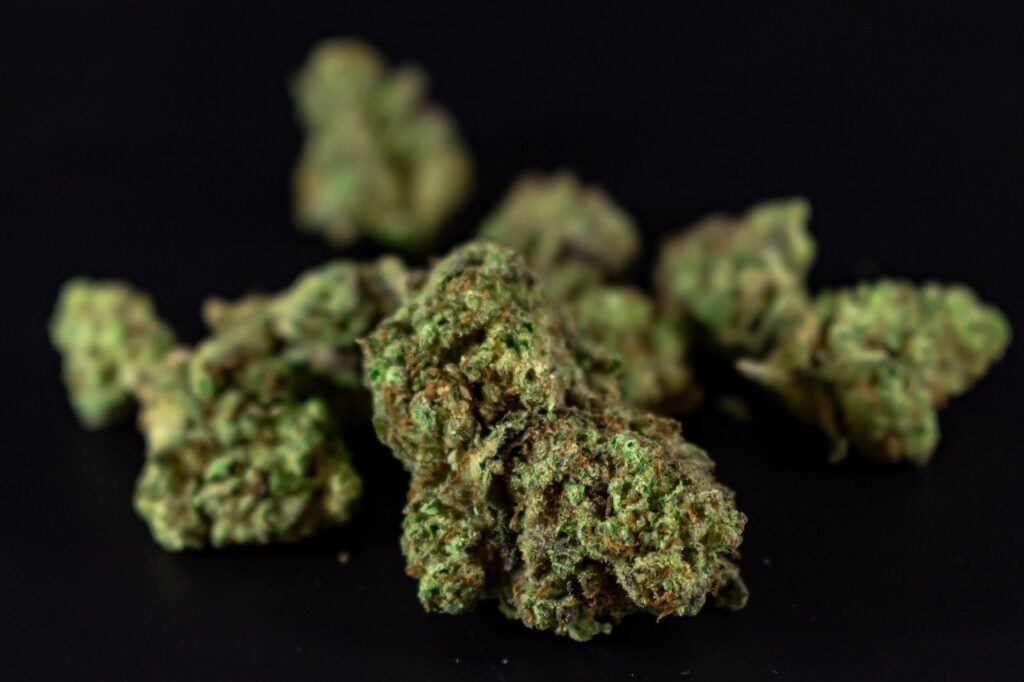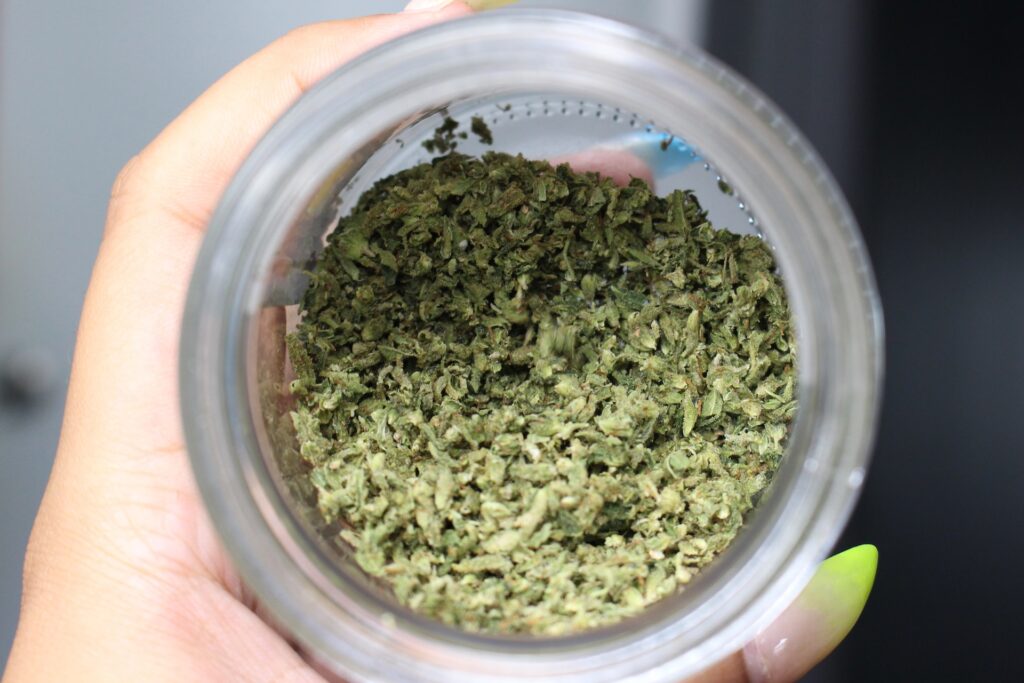
Delta 9 vs Delta 8 vs Delta 10: Exploring the Various Cannabinoids
The world of cannabis is vast and intricate, with numerous compounds that contribute to its varied effects and potential benefits. While THC, commonly associated with its psychoactive properties, is often recognized as a singular compound, there are in fact multiple variants of this cannabinoid. Among them, Delta 9, Delta 8, and Delta 10 are the prominent players, each offering distinct experiences and therapeutic potentials for users.
Distinguishing between these cannabinoids is essential for both consumers and medical professionals, as their effects, legality, and applications can differ significantly. As the cannabis industry continues to evolve and expand, understanding these subtle yet crucial differences becomes paramount for informed usage. Intrigued by the nuanced world of cannabinoids and eager to discern between Delta 9, Delta 8, and Delta 10? Dive deeper by continuing to read, as we unpack the unique characteristics and benefits of each.
Delta 8: Beyond the Basics
Delta 8 is chemically similar to its close relative, Delta 9 THC. However, the slight variation in its structure leads to differing impacts on users, causing a sense of intrigue in the scientific community. Naturally found in minute amounts in cannabis plants, Delta 8 is often synthesized from CBD or Delta 9 THC, showcasing the versatility of cannabis compounds. The 1973 study unveiled that Delta 8 could induce effects like visual distortions, euphoria, and relaxation. Furthermore, a 2021 survey suggested that Delta 8 might be viewed as a less intense alternative to Delta 9, proving effective against conditions like stress, chronic pain, and depression. This positions Delta 8 as a potential middle ground for those seeking therapeutic benefits with milder psychoactive effects.
The popularity of Delta 8 is evident on online forums, with users frequently reporting feelings of drowsiness, relaxation, and an amplified appetite. These personal accounts provide insights into the cannabinoid’s effects in real-world scenarios. Nonetheless, it’s crucial to be cautious, given the limited knowledge on synthetic cannabinoids and their long-term implications. As research intensifies, users should stay informed and approach Delta 8 with a balanced perspective.
Delta 9: The Well-Known Compound
Undoubtedly, Delta 9 THC stands as the most recognized cannabinoid, primarily responsible for the euphoric high associated with cannabis consumption. Its prevalence and reputation make it a cornerstone of the cannabis experience. Beyond its intoxicating qualities, Delta 9 possesses potential therapeutic attributes, a fact that broadens its appeal. Research indicates its efficacy in treating anxiety, glaucoma, nausea, and pain. Moreover, synthetic forms of Delta 9 THC, such as dronabinol, have received FDA approval to combat the adverse effects of chemotherapy and conditions like anorexia, highlighting its medical significance.
With its widespread occurrence in cannabis products, consumers are more familiar with Delta 9’s effects and therapeutic potential. This familiarity offers a sense of comfort to many. However, it remains vital to source high-quality products to ensure safety and desired outcomes, emphasizing the importance of responsible consumption.
Not sure which CBD product suits you best? Contact us.
Delta 10: An Emerging Player
While Delta 10 is gradually making its mark in the cannabis community, scientific literature on its effects remains scarce. The world of cannabinoids is vast, and Delta 10 represents one of its lesser-explored horizons. Anecdotal evidence suggests that Delta 10 induces a gentle yet invigorating high, marked by euphoria and heightened energy levels. These claims, while intriguing, highlight the need for rigorous scientific examination.
Given the lack of comprehensive research, consumers should approach Delta 10 with a degree of caution. Staying abreast of emerging studies and findings is essential to make informed choices, ensuring that experimentation is grounded in knowledge.

Side Effects and Safety Concerns
Cannabinoids, including Delta 8, Delta 9, and Delta 10, can present various side effects, ranging from red eyes and dry mouth to anxiety and memory impairment. With the growing accessibility of cannabis products, awareness of potential side effects becomes essential. Between December 2020 and February 2022, the FDA recorded multiple adverse events related to Delta 8, including hallucinations, vomiting, and confusion, emphasizing the need for ongoing monitoring.
A significant challenge with Delta 8 and 10 products lies in their unregulated nature, making it challenging for consumers to ascertain product quality. With the cannabis industry booming, ensuring product purity is paramount, as there’s no guaranteed way to validate claims regarding cannabinoid content or contamination levels, a situation that underlines the importance of industry regulations.
Related Link: CBD and Constipation: Debunking the Myths
The Legal Landscape of Delta Cannabinoids
The legality surrounding Delta 8 and 10 is intricate, mirroring the broader complexities of cannabis regulations. Federally, thanks to the 2018 Farm Bill, they might be technically legal, owing to the bill’s focus on Delta 9 THC. But the cannabis narrative isn’t that simple. However, since cannabis plants naturally contain nominal amounts of Delta 8 and 10, commercial products are often synthesized, leading to potential clashes with state laws prohibiting synthetic cannabinoids, bringing into question the future of these compounds in the market.
While some states have outright banned Delta 8 and 10, others exist in a legal gray zone. It’s a rapidly evolving legal landscape that warrants continuous monitoring. To remain compliant, users should familiarize themselves with both federal and state laws, regularly consulting updated resources like Norml.org for clarity, safeguarding against potential legal pitfalls.
Have any questions about CBD? Contact us today.

Distinguishing Between Delta 9, Delta 8, and Delta 10 Cannabinoids
In the ever-expanding realm of cannabis, the distinctions between Delta 9, Delta 8, and Delta 10 cannabinoids are crucial for informed consumption. Each variant offers its unique effects and therapeutic potentials, catering to a diverse spectrum of user preferences. As research continues to unravel the mysteries of these cannabinoids, consumers are presented with a refined palette of experiences tailored to individual needs.
For those eager to dive into the world of high-quality CBD products, Fiddler’s CBD emerges as a trusted name. Ensuring purity and potency, Fiddler’s CBD offers a curated selection of premium-grade CBD items, providing users with safe, effective, and beneficial experiences. Dive deeper into the cannabinoid journey with Fiddler’s CBD and explore the therapeutic wonders of cannabis.
Related Link: How Do CBD Topicals Work?

